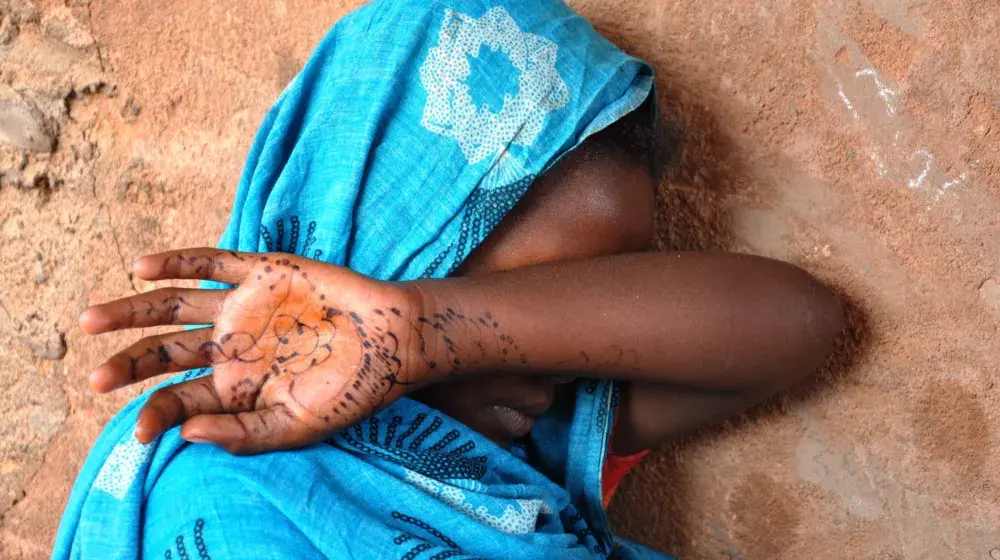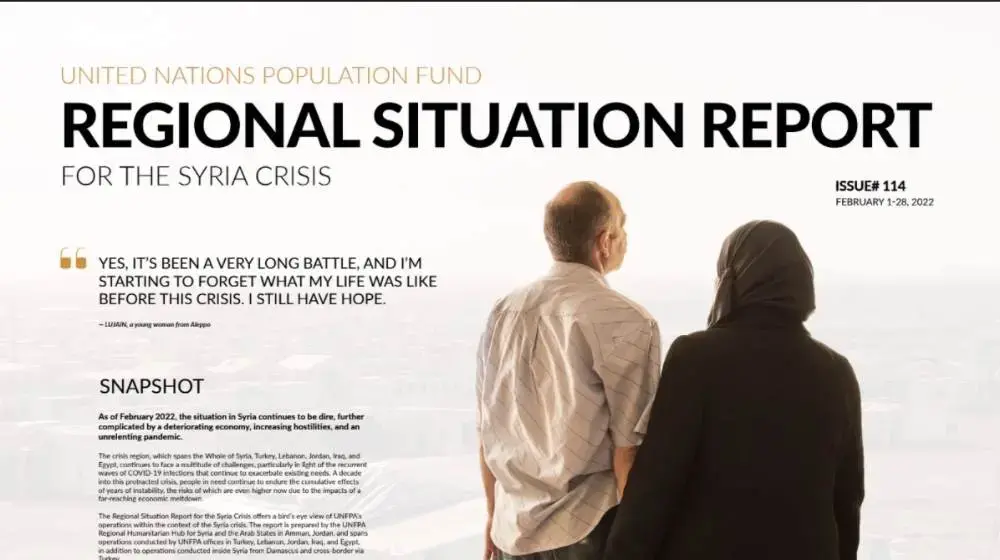It is one of the most serious and tragic childbirth injuries. And it is almost entirely preventable.
Obstetric fistula is a hole between the birth canal and bladder or rectum, caused by prolonged, obstructed labour without access to timely, high-quality medical treatment. It leaves women and girls leaking urine, faeces or both, and often leads to chronic medical problems, depression, social isolation and deepening poverty. Ninety per cent of pregnancies involving fistula end in stillbirth.
Health systems and communities are falling short in ending obstetric fistula. Gender discrimination and social marginalization create additional risks, resulting in fistula disproportionately occurring among impoverished, underserved and marginalized women and girls.
As we mark the International Day to End Obstetric Fistula this year, greater efforts to reduce maternal injury and disability are critical.
Three cost-effective solutions can prevent fistula: timely access to high-quality emergency obstetric and newborn care, trained professionals with midwifery skills at childbirth, and universal access to modern contraception. Health systems can reduce fistula by tracking prevalence, correcting gaps in care and ensuring universal access to a competent health workforce. National health plans must also address gender discrimination and other factors making women and girls more vulnerable to maternal mortality and disease.
Bold political leadership and investment could eradicate fistula. Ambitious partnerships and scaled-up investments are imperative to ending fistula by 2030 – our global target under the Sustainable Development Goals.
UNFPA leads the global Campaign to End Fistula, a drive to transform the lives of vulnerable women and girls. The 20-year-old campaign represents a global commitment to fistula prevention and holistic treatment, including surgical repair and social reintegration and rehabilitation. Despite progress, elimination by 2030 demands accelerated action, starting now. To that end, the theme for the international day this year is “20 years on – progress but not enough! Act now to end fistula by 2030!”




